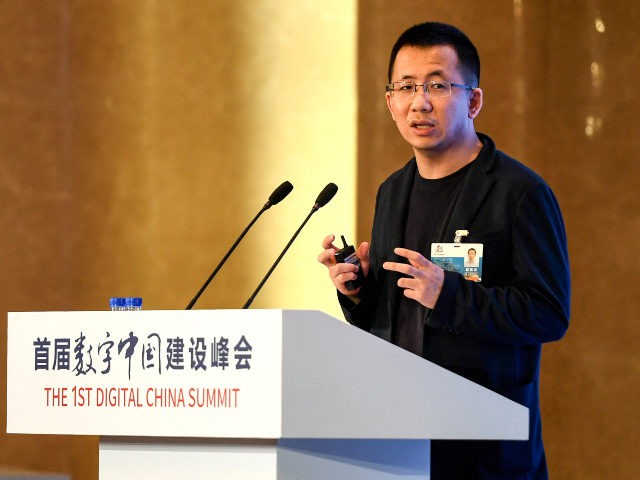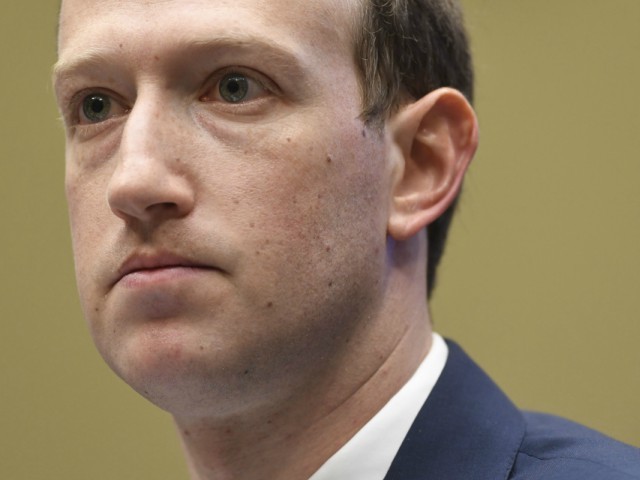TikTok’s Chinese parent company ByteDance made fake accounts using content it scraped from Instagram and Snapchat, according to former employees, who described the project as one of several “growth hacks” implemented by the company.
In 2017, ByteDance scraped videos, usernames, profile pictures, and profile descriptions from Instagram, Snapchat, and other sources, then uploaded them — without users’ knowledge or consent — to Flipagram, a TikTok predecessor, according to four former employees and documents obtained by BuzzFeed News.
Internal documents also indicated the scraping was run by an engineering team in China, and began soon after ByteDance acquired Flipagram in 2017.
One of the former employees told BuzzFeed News the scraping affected hundreds of thousands of accounts, and that the goal was to scrape more than 10,000 videos a day in the highest priority countries.
Two of the former employees added that the scraped content was used to train ByteDance’s “For You” personalization algorithm on U.S.-based content, so that it would better reflect the preferences of U.S. users.
One document shows how ByteDance tried to select content that was “not too Chinese,” so that it would resonate with U.S. users. Currently, the “For You” algorithm powers both TikTok and its Chinese equivalent, Douyin.
Another “growth hack” ByteDance used to try to make Flipagram popular in 2017 reportedly involved manipulating “like” and “view” counts for videos to make users think they were more popular than they actually were, according to three of the former employees.
Moreover, some people had even noticed their content was uploaded to Flipagram without their knowledge or consent, according to the four former employees.
The employees told BuzzFeed the company received emails from users who said they were being impersonated on the app.
Two of the employees added that they remember getting inquiries from parents asking why their children’s content was on a platform that both they and their children had never heard of.
The four sources said employees were told to delete the accounts that were caught on Flipagram by the original creator, or give the person complaining control over them, and tell them that Flipagram cannot prevent a user (or fan) from uploading someone else’s content.
ByteDance spokesperson Jennifer Banks responded to the allegations, telling BuzzFeed, “ByteDance acquired Flipagram in 2017 and operated it, and subsequently Vigo, for a short time. Flipagram and Vigo ceased operations years ago and aren’t connected to any current ByteDance products.”
The outlet added it also reached Brian Dilley — Flipagram’s chief technology officer until October 2017 — at his home to ask if the company had been scraping and reuploading content in 2017, to which he replied, “No, in fact I’m positive we were not,” and then ended the interview.
Snap Inc. spokesperson Russ Caditz-Peck said, “Our Terms of Service prohibit scraping and reposting public content from our services, and we implement defenses to limit such attempts.”
Meanwhile, Jason Grosse, a representative for Instagram’s parent company Facebook (now known as Meta), said the company would not comment at this time.
You can follow Alana Mastrangelo on Facebook and Twitter at @ARmastrangelo, and on Instagram.



COMMENTS
Please let us know if you're having issues with commenting.